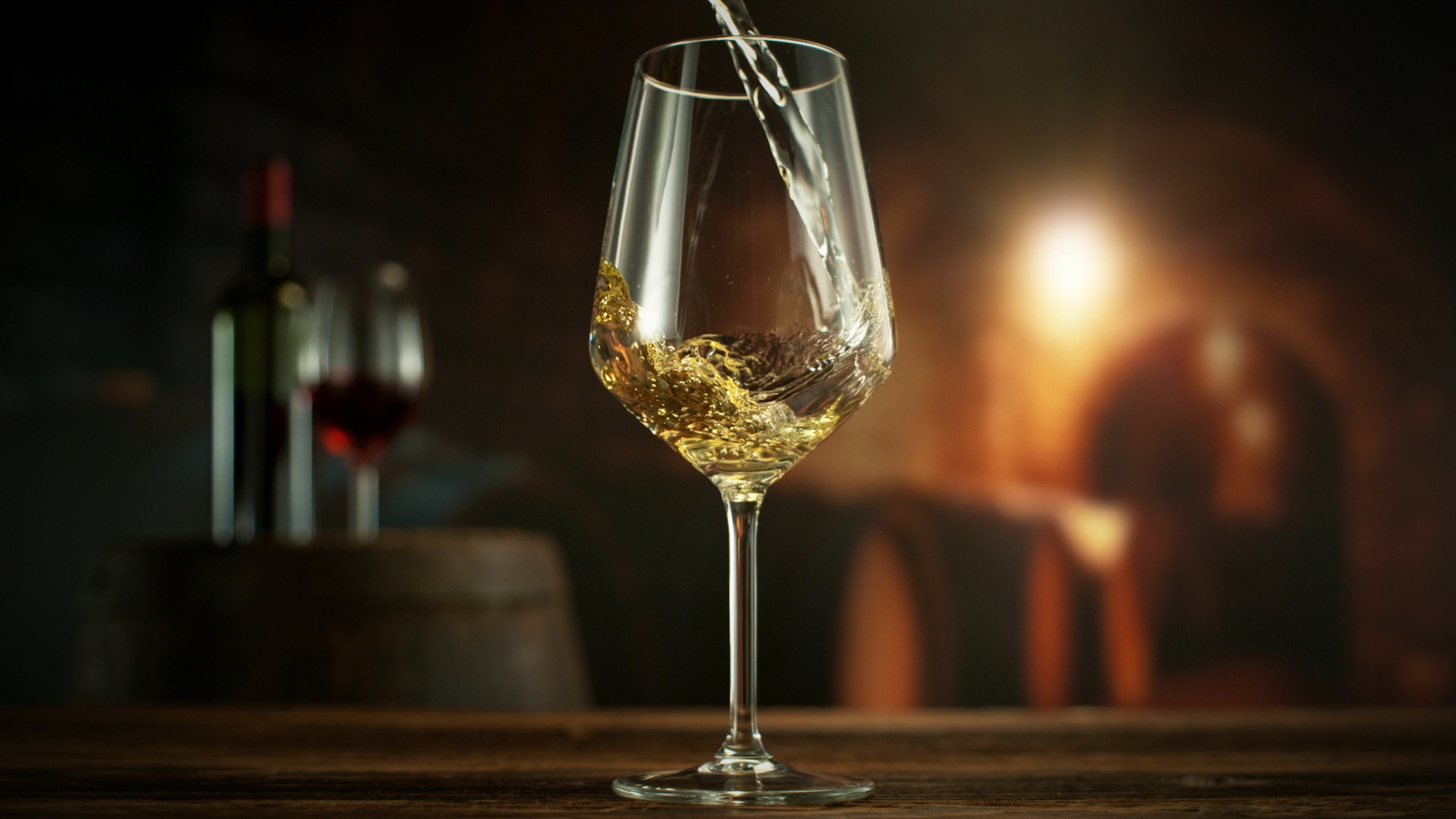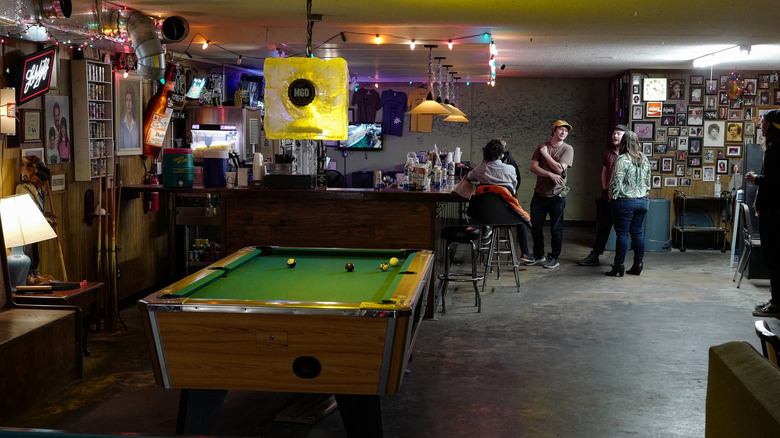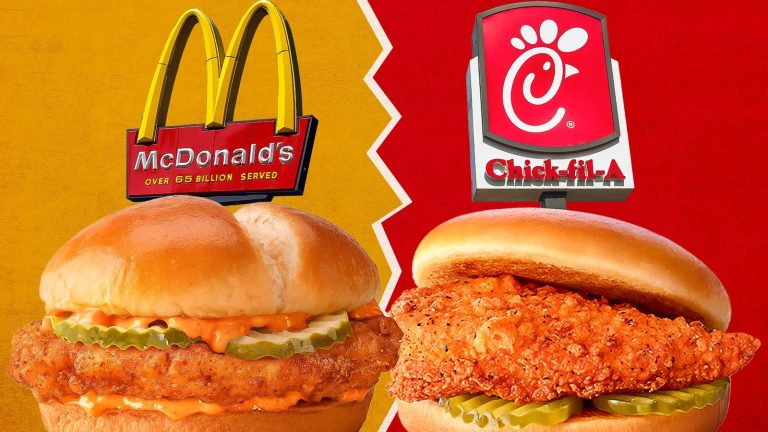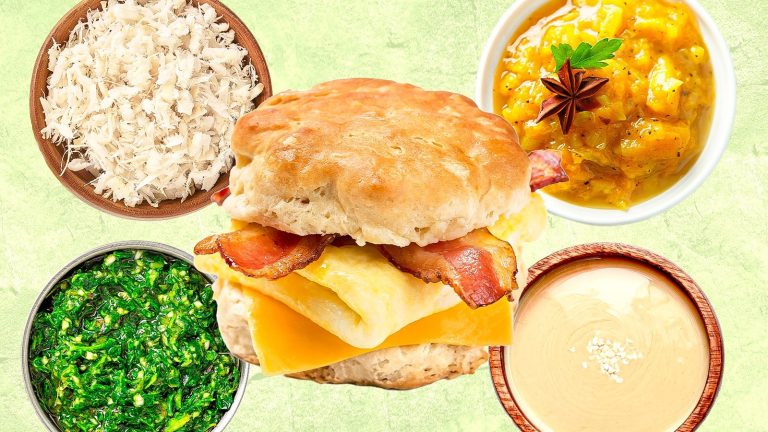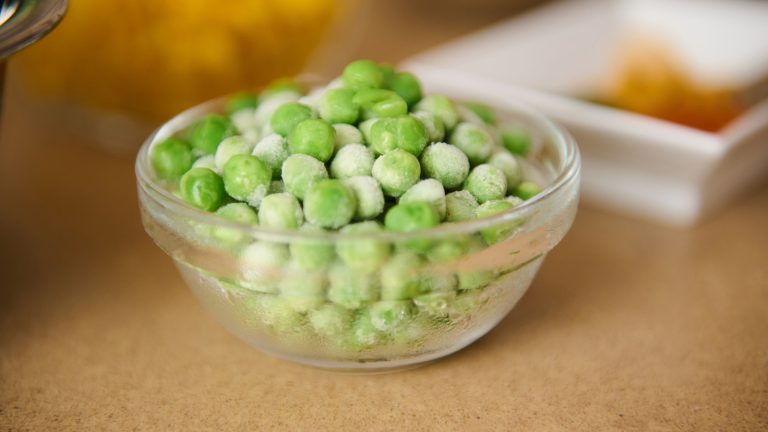The Beloved Institution of the Dive (which is tougher to define that barflies might guess) is known for many wonders: Loud music, cheap drinks, low lighting, stickered bathrooms, and an unchanging atmosphere that stays the same through the ages, when so little else does. Praise be. The dive is not, however, known for being a place where thirsty patrons post up for a glass of wine. To the seasoned barman’s ear, “beer and a shot” is the anticipated instructive. It’s not “wrong” to ask for a glass of wine, if the establishment stocks it, but if you do order the vino, stick to the house offering.
This pro tip comes from Tasting Table’s own James Hastings. As this former bar manager explains in his “13 safest drinks to order at a dive bar” roundup, “If you have to buy wine by the glass, you’re generally safer picking the house offering” — further adding that, despite the potentially lower quality, “It’ll probably be the bar’s biggest seller, meaning they open fresh bottles more often and might not mind if you ask them to open a new one.” Since folks aren’t ordering wine all that often at a dive, those long-opened bottles are susceptible to storage and oxidation issues. The barback may be running between the low-boy fridges and the downstairs backstock all night to replenish that ever-depleting stash of Miller High Life bottles. But, at a downscale local watering hole, wine by the glass typically doesn’t move as quickly.
Sticking to house wines is the safest bet for a freshly-opened bottle
If you do order wine at a dive bar, keep in mind that the joint isn’t likely to stock more than two offerings: a red and a white. Both of these count as the “house” wines. But, if your local dive happens to stock a lengthier wine list, sticking to the house offerings is the best way to ensure optimal freshness — or, perhaps more accurately, it’s your best bet at getting as close to the opening date as possible. Still, if you take a sip and find the wine has passed its prime, it isn’t a social faux pas (or in any way a big deal) to politely alert your bartender and ask them to open a new bottle.
An opened bottle of liquor or even a high-alc liqueur like Chartreuse might retain its quality for a few weeks or even months. Alas, the same cannot be said of an open bottle of wine, which breaks down into vinegar fairly quickly. Any more than a week and it’s toast. Ultimately, if your neighborhood haven stocks canned wines (an RTD offering growing in popularity in recent years, with major brands like Archer Roose and Francis Coppola Sofia) these are the move. Those cans will be freshly-cracked every time, ensuring a quality sip that’s more reliable than hoping the house wine wasn’t opened too long ago.


